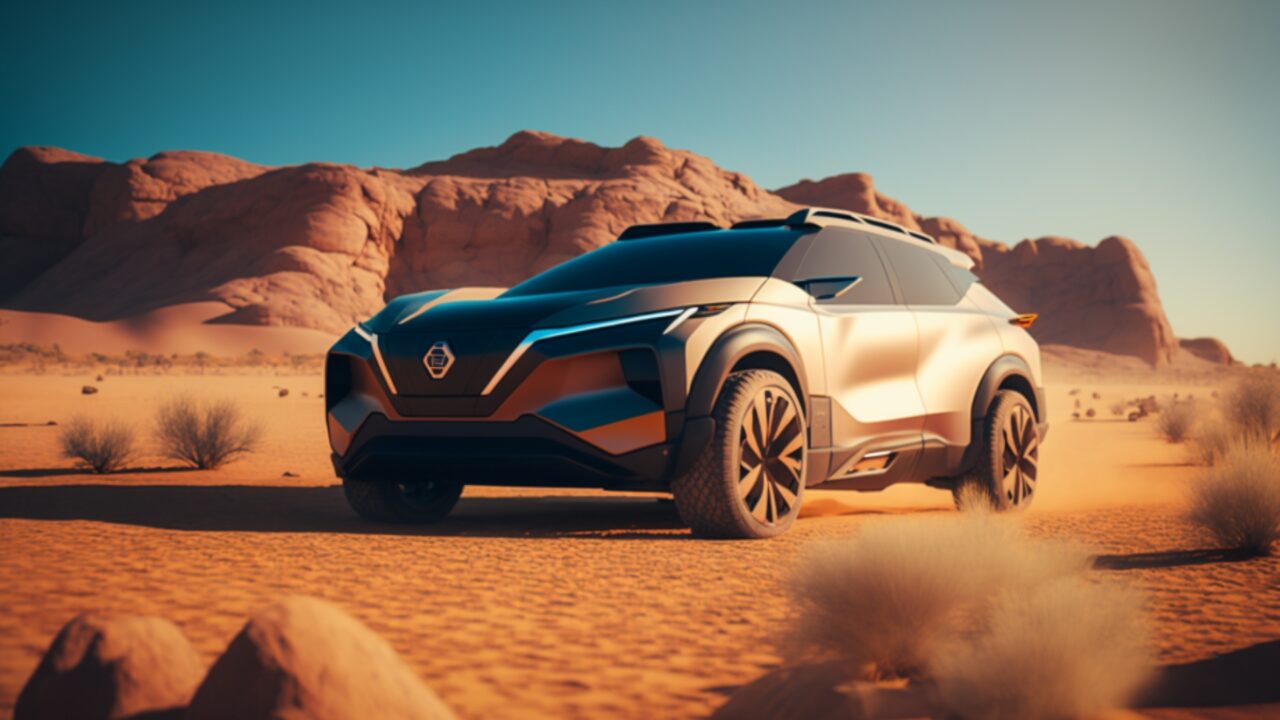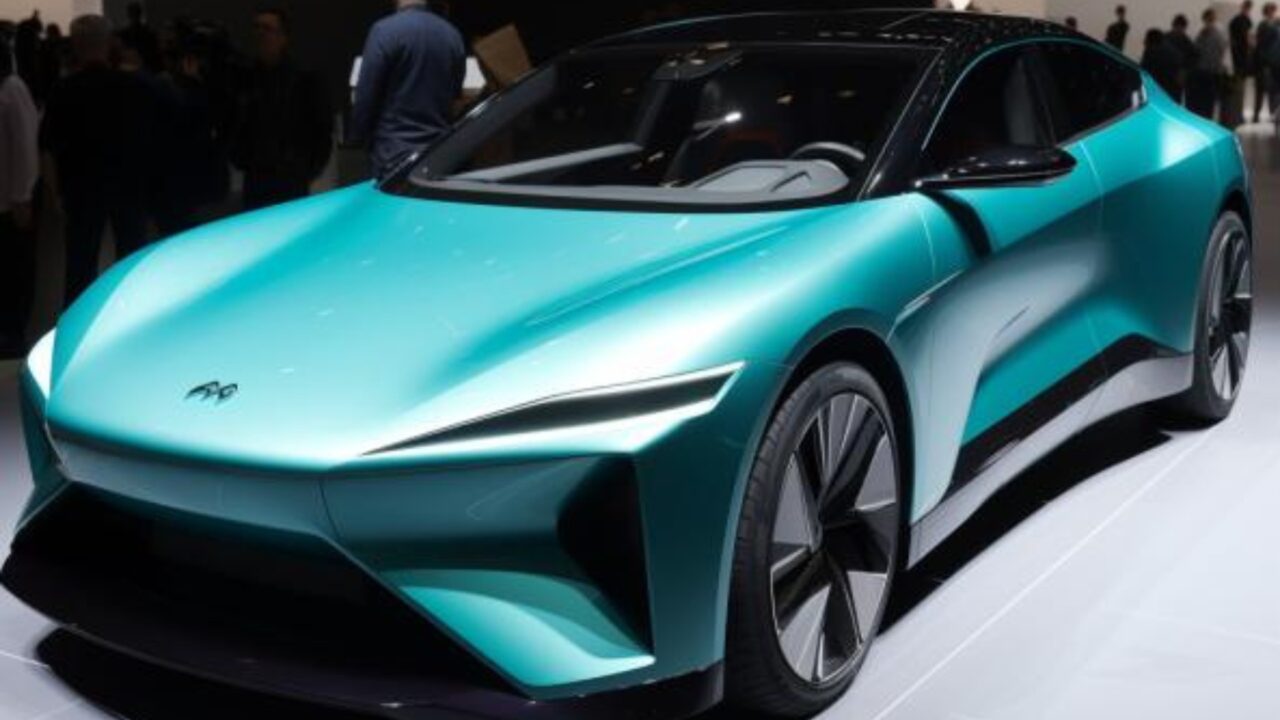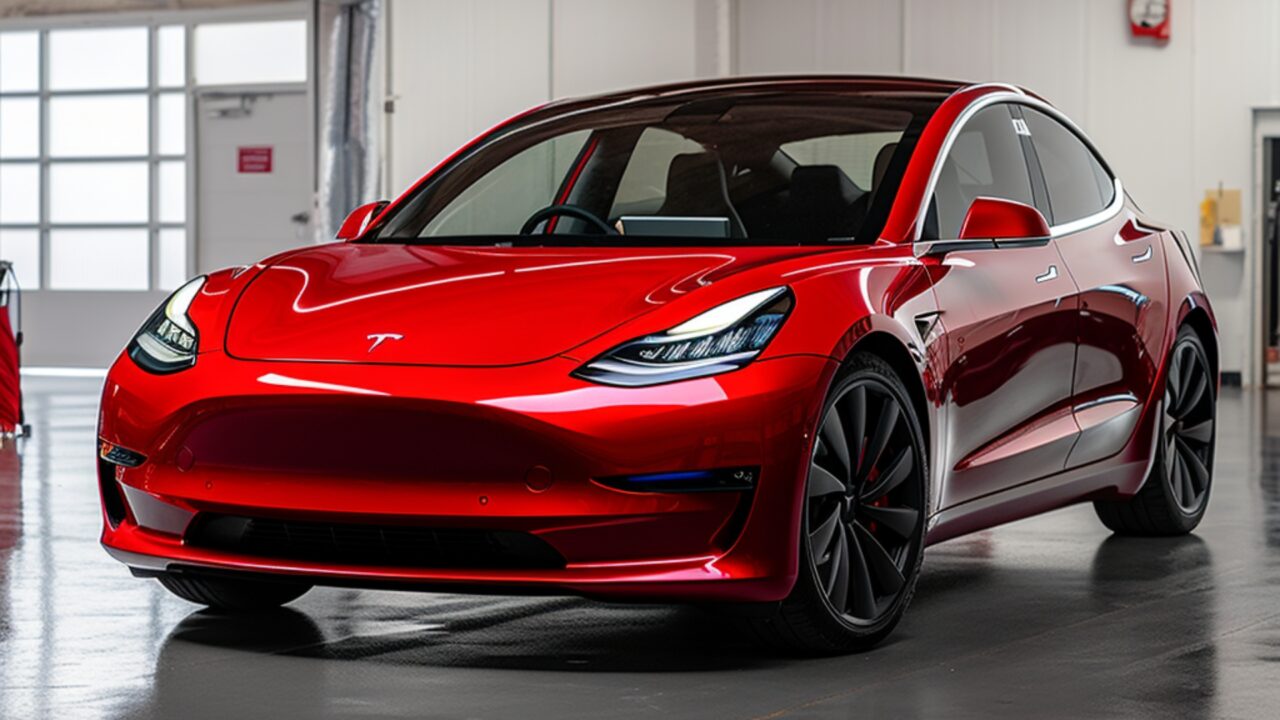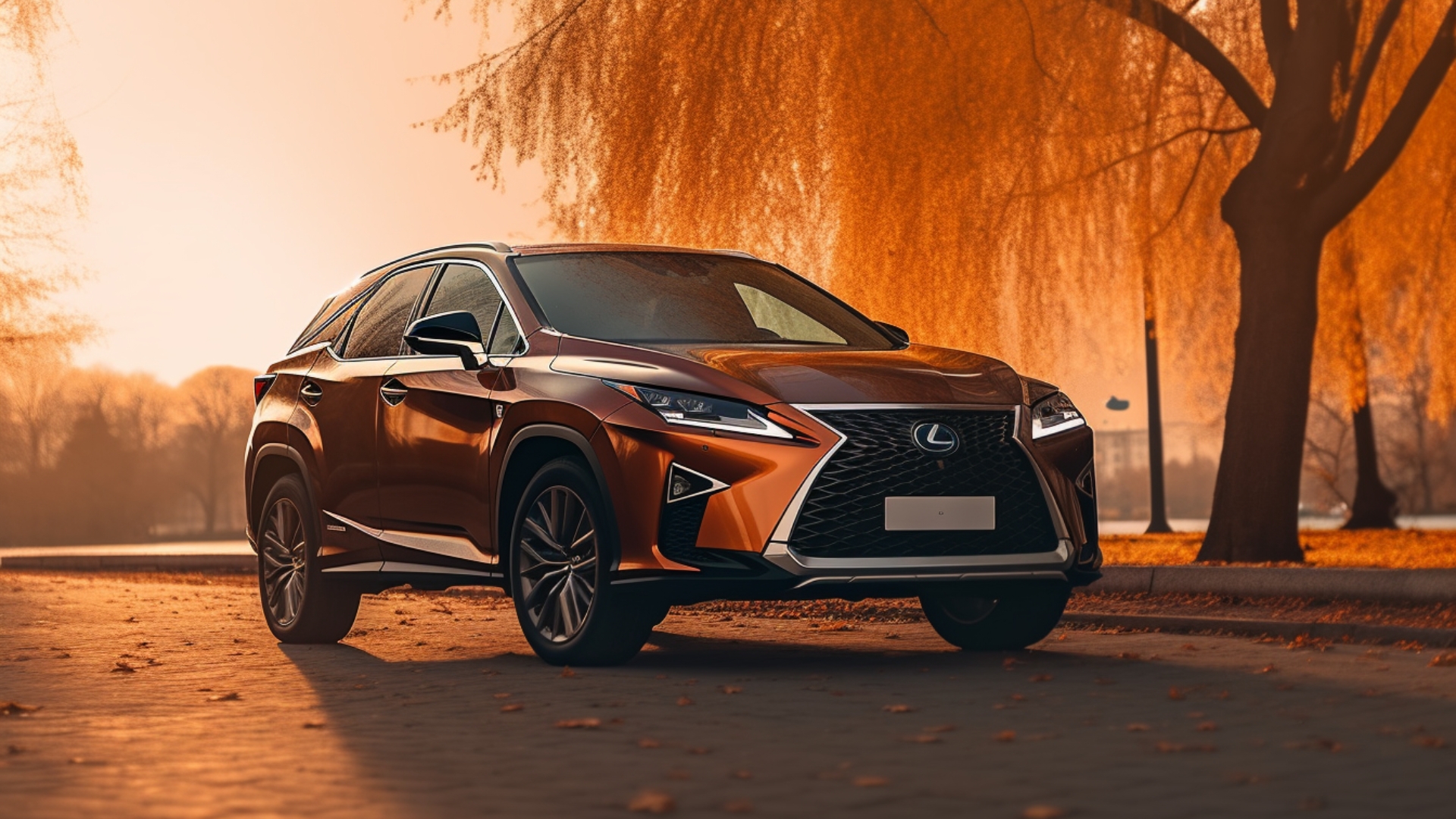The latest in EV innovation in a nutshell for you! Nissan Ariya’s record 21,000-mile polar expedition and Nio’s staggering 650-mile range achievement. Plus, insights on Tesla’s recall.
Nissan Ariya EV’s 21,000-Mile Pole-to-Pole Expedition
In an extraordinary feat of endurance and innovation, EV adventurers Chris and Julie Ramsey have completed a monumental 21,000-mile journey from the Magnetic North Pole to the South Pole, steering a modified Nissan Ariya EV. This nine-month expedition not only shattered records but also turned the spotlight on the robustness and adaptability of electric cars in the most extreme conditions imaginable.
The Ariya, while retaining its core powertrain and suspension, underwent bespoke modifications, including the fitting of larger, ice-suitable tyres. Despite the increased load, which understandably curtailed its range, the Ariya EV demonstrated remarkable efficiency. The Ramseys, in a bid to maintain optimal battery health, devised innovative techniques such as erecting snow walls and utilising thermal tents.

Charging the Ariya EV was a blend of ingenuity and environmental consciousness, utilising renewable energy sources like wind turbines and solar-hybrid systems, with occasional reliance on petrol generators, a necessity in the Arctic regions.
This journey, far from being a mere record-setting venture, was a resounding testament to the feasibility of EVs in challenging terrains, traditionally the stronghold of diesel-powered vehicles. Along the route, the expedition also contributed to the electric vehicle infrastructure by collaborating with Enel X Way to establish new EV chargers, particularly in Central and South America.
The Ramseys are seasoned veterans in the realm of EV challenges, having previously conquered the Mongol Rally in a Nissan Leaf. Their latest achievement is a vibrant showcase of the potential of EVs in long-distance travel and the burgeoning EV charging network.
Kudos to the couple for yet another successful EV challenge, illuminating the world on the capabilities of electric vehicles!
Chinese EV’s Groundbreaking 650-Mile Range Achievement
In a groundbreaking development, Chinese electric vehicle manufacturer Nio has catapulted itself to the forefront of EV innovation with its ET7 model, featuring a “semi-solid state” 150kWh battery. This battery, the largest in any passenger car to date, is a product of WeLion New Energy Technology. Nio CEO William Li recently showcased the ET7’s prowess by completing a 650-mile journey, a range that surpasses many petrol-powered vehicles.
Conducted in cool temperatures and predominantly in semi-autonomous mode at a speed cap of 56 MPH, this test underlines the strides made in EV technology, particularly in battery capacity and efficiency. The ET7’s battery’s high energy density outperforms current market standards, including Tesla’s latest offerings.

Nio’s innovative approach extends to its ownership models, offering the battery on a lease separate from the car. Their Battery-as-a-Service (BAAS) subscription allows users the flexibility to upgrade their battery, reflecting a new trend in Electric Vehicle (EV) ownership.
This achievement by Nio is a significant marker in the EV industry, setting new benchmarks in battery technology and range capabilities.
Tesla Recalls Over Two Million Vehicles Amidst Safety Concerns
Tesla, the trailblazing electric vehicle manufacturer helmed by visionary Elon Musk, has initiated a massive recall of over two million cars. This move, precipitated by a detected safety flaw in Tesla’s autopilot system, underscores the ongoing challenges in the realm of automotive automation.
US auto-safety regulators have expressed concerns regarding the system’s inability to sufficiently prevent driver misuse. Given the autopilot’s central role in maintaining driver focus, this issue bears significant importance. Tesla has faced a turbulent year, with this recall being the second major one concerning their automated driving features, following incidents linked to these systems and debates over their safety and reliability.
Elon Musk’s aspirations for near-complete autonomy in Tesla cars have encountered numerous hurdles. Earlier this year, some Tesla vehicles were recalled for seat belt issues, and in separate incidents, steering wheels detached from two Model Y SUVs while in motion.

Tesla’s proactive stance in addressing these safety concerns is vital for maintaining consumer trust and safety. With the National Highway Traffic Safety Administration (NHTSA) maintaining a close watch on Tesla’s corrective measures, there is optimism for these pioneering vehicles to achieve greater safety and reliability.
This scenario exemplifies the “ironies of automation,” where increased reliance on automation can lead to reduced human attentiveness, especially in critical situations like preventing crashes. As regulatory bodies scrutinise Tesla’s Autopilot technology, this recall could mark the start of more extensive actions against the company’s automated systems, reflecting the complex challenges associated with automated driving technologies.
